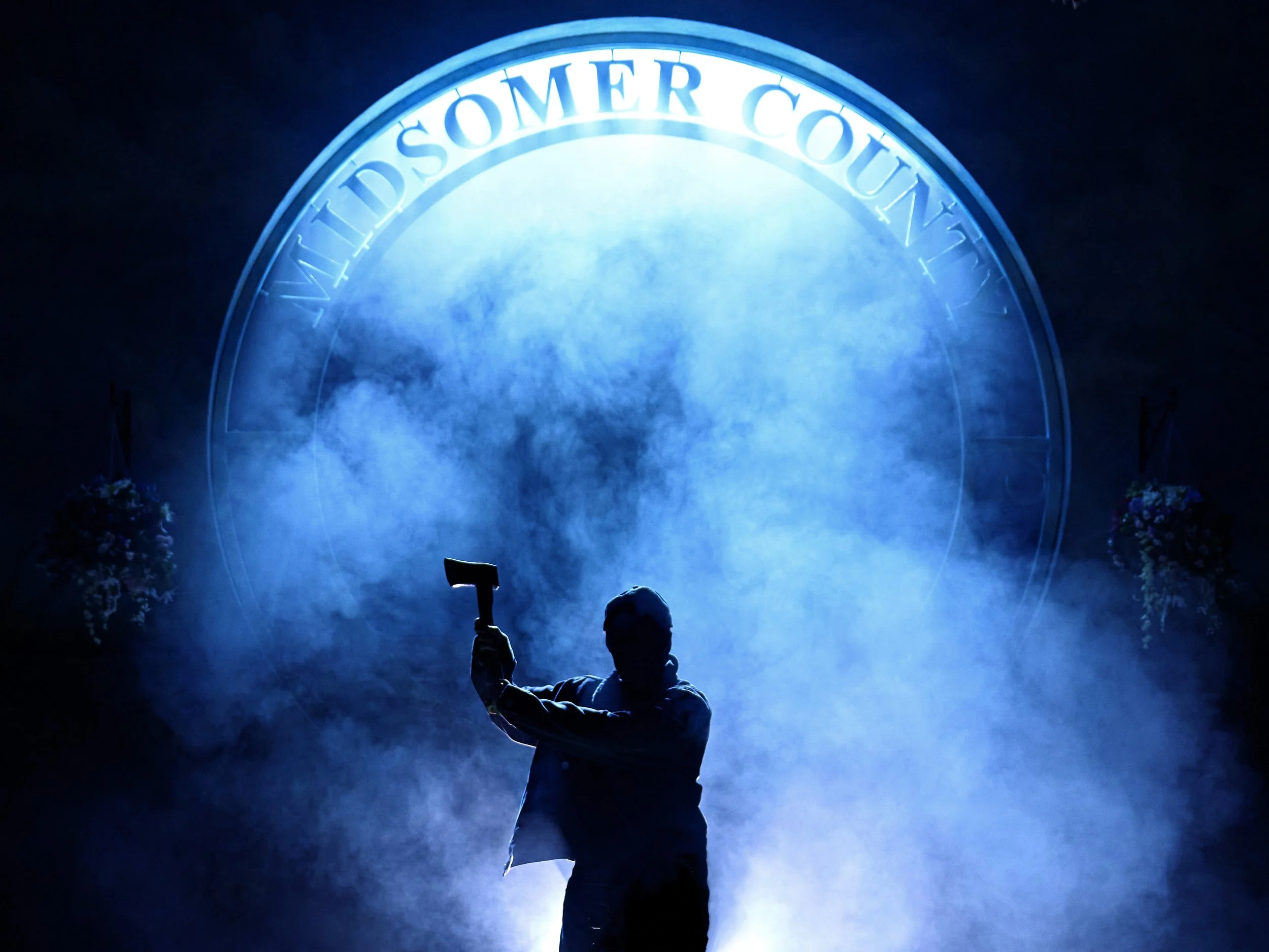Fashion Week is Here Again - But Do We Care?
We've all heard of Fashion Week, the bi-annual highlight of the fashion calendar and when the crème de la crème of fashion society descend upon an iconic city to revel in the glamour and luxury of high-end collections.
BUT ACTUALLY, WHO CARES?
Paris Fashion Week came and went last week with the usual flair and whilst we were served with some beautiful and thought-provoking Autumn/Winter 2021/2022 collections (yes, hello Oscar de la Renta, I'm looking at you), impossibly gorgeous women strutting clothes down a heavily lit and overly designed runway feels a bit, well, passé.
The first Fashion Week was held in 1918, its purpose to showcase a designer’s work to potential customers. Clothes for the following season were showcased four months in advance as they were made to order for customers after seeing the garments displayed in the show.
But we’re living in the here and now, and we want to be able to see clothes and buy them, here and now. That’s why we love online shopping.
In 2016, Tom Ford said that “we have been living with a fashion calendar and system that is from another era”. And of course, he’s right. Five years on, billions engage with brands via social media platforms which feature influencers or celebrities, compared to the mere thousands who attend Fashion Weeks or millions who stream the shows.
‘But Fashion Week is exciting,’ I hear you cry. ‘It’s a chance for us to identify new season trends'. And that’s true! One of the best things about Fashion Week is the fabulous display of creativity and visual storytelling by artists. Shows at Fashion Week are to fashion enthusiasts what concerts are to music lovers; theatre and escapism.
Although…we can’t help but wonder, is that enough anymore?
ENTER... PANDEMIC
With the global economy in sharp decline and the urgent climate crisis, Fashion Weeks are unlikely to return to their pre-COVID glory. Press and retailers will struggle to afford to send editors and buyers to every show. Even larger brands are unlikely to spend a six figure sum on ten-minute spectacles.
Instead, bigger brands will likely take advantage of technology and digital innovation to interact with potential customers en masse, with lower overheads and a smaller carbon footprint. We’re already seeing big names like St Laurent shun Fashion Weeks, and others are likely to follow suit, running their own schedules to future proof the brand.
Given that, at City Girl, we’re all for empowering young women in their own communities, here’s our prediction. Pre-COVID, we were already seeing a rise in the number of regional Fashion Weeks, in cities newer to the Fashion club like Copenhagen and even our very own Manchester!
Arguably, these smaller events showcasing upcoming talented individuals with local ties are more impactful and significant than the Fashion Week giants of London, Milan, Paris and New York and will continue to be so long after the big Fashion Weeks end.
Regional and local Fashion Weeks will turn Fashion into community projects, intended to raise and support homegrown talent but with lower budgets, fewer attendees and a largely volunteer workforce of people dedicated to the cause.
Fashion Weeks will be a chance for fashion lovers without celebrity or access to take pride in their community and engage with fashion that reflects and represents them on a personal level, whether by volunteering, attending the shows, or streaming on social.
Designers will develop smaller but more faithful customer bases as a result, leading to the creation of fewer but better quality collections and a local economic boost.
And we’re here for it. So maybe we don’t care now, but we will.
Help us keep the City Girl Network running by supporting us via Patreon for the price of a cheap cup of coffee - just £2 a month. For £3 a month you can also get yourself a Patreon exclusive 10% off any of our ticketed events! You can also support us by following us on Instagram, and by joining our City Girl Network (city wide!) Facebook group.
Written by Ariella Jones












